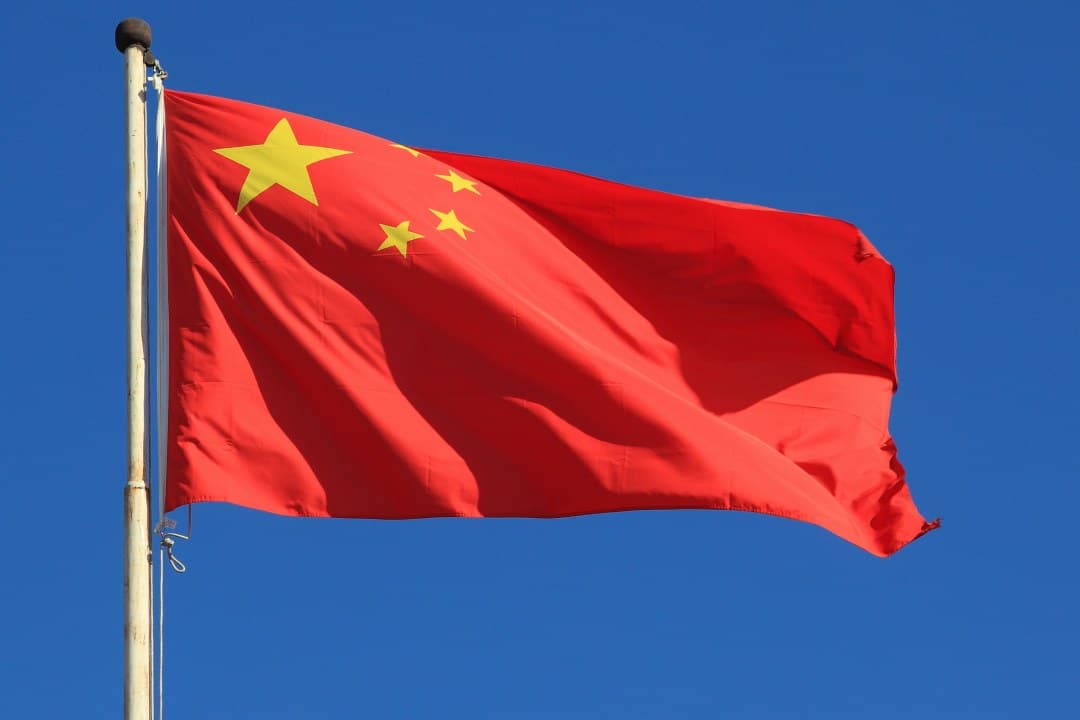The two Chinese giants Alibaba and Tencent will be among the first companies to receive the new Chinese state cryptocurrency.
This was revealed by the journalist Michael del Castillo in an article on his blog hosted on the Forbes website.
Castillo, in fact, reveals that according to Paul Schulte, former global head of financial strategy of China Construction Bank, in the coming months the Chinese Central Bank (PBoC) will launch its state cryptocurrency anchored to the local currency and it will first be distributed to seven institutions.
These institutions, besides Alibaba and Tencent, would include the Industrial and Commercial Bank of China, the Bank of China, the Agricultural Bank of China, and Union Pay.
The news was also confirmed by another source involved in the development of the State cryptocurrency itself, which for the moment is only called DC/EP (Digital Currency / Electronic Payments), stating that an eighth institution could also be involved.
The technology behind the Chinese cryptocurrency would have been ready since last year and it is assumed that the launch could take place around Singles Day, 11/11, which is the most popular shopping day in China.
The goal of the PBoC would be for the new digital currency to be made available to investors around the world, including those in the United States, through interactions with local banks.
Currently there are still no official confirmations, however, the news has been in the air for some time and there have been no denials so far.
What has been confirmed is the strategy of adopting a two-tier operating system so as to encourage competition between organisations that will receive the cryptocurrency.
DC/EP would be designed to handle 300,000 transactions per second, which is well above the current level: in 2018 the maximum peak during Singles Day was 92,771 transactions in a second.
These performances are made possible by the use of an architecture which is not only based on blockchain technology.
DC/EP is a fully centralised currency, which uses a permissioned blockchain system without open public access and without supply limits: it will be the same PBoC to decide the circulating quantity, exactly like in the case of fiat currencies.
In fact, its purpose is precisely that of replacing banknotes and coins, but not money which is already in digital form.
It remains to be understood how much the PBoC, in addition to controlling the currency, can use it to collect non-anonymous information on the spending habits of its users.




